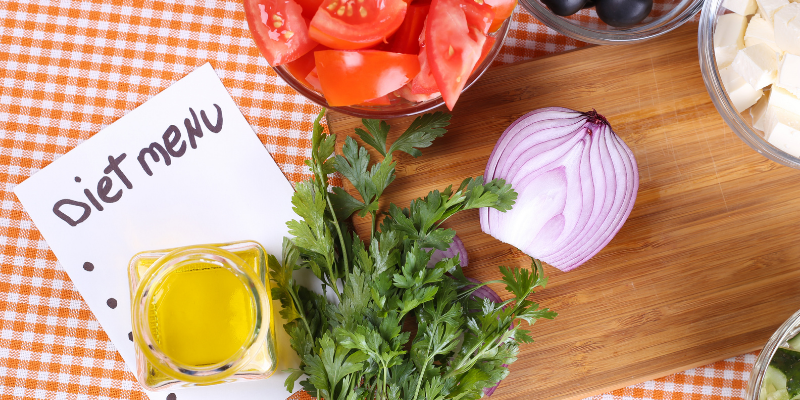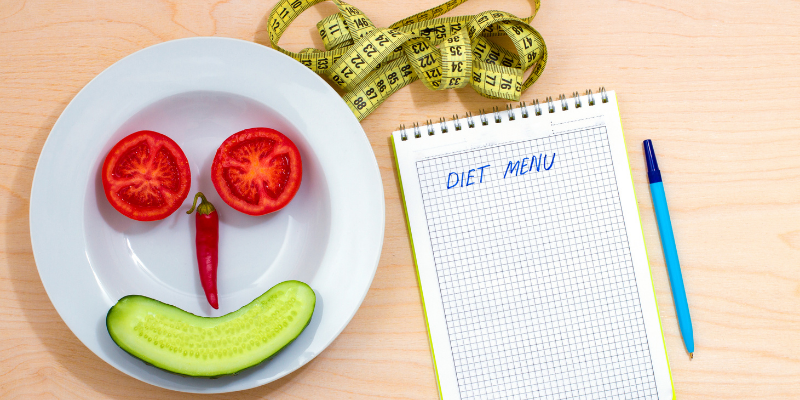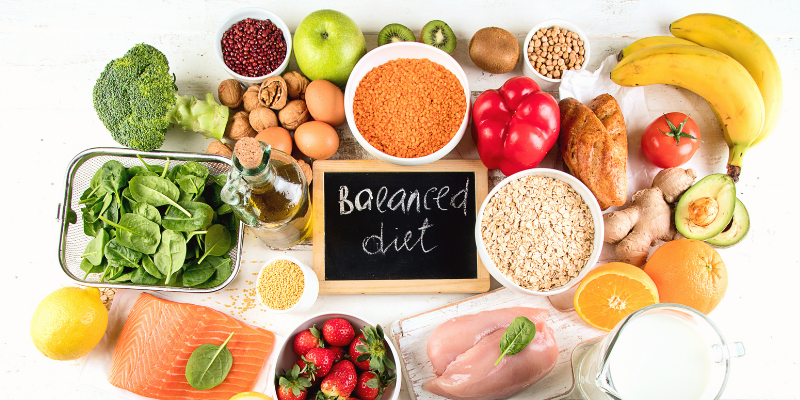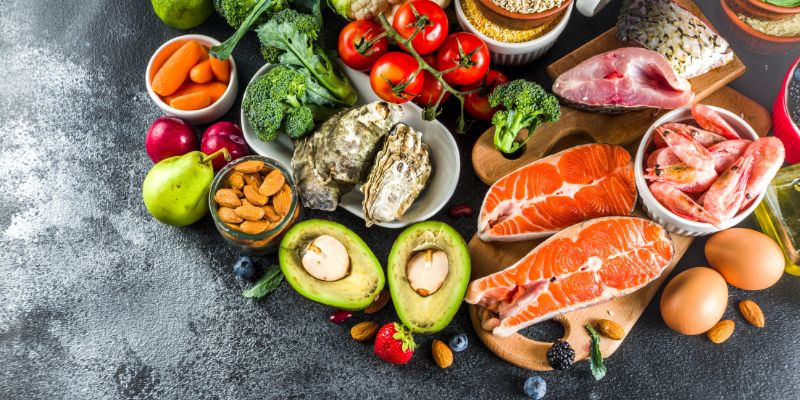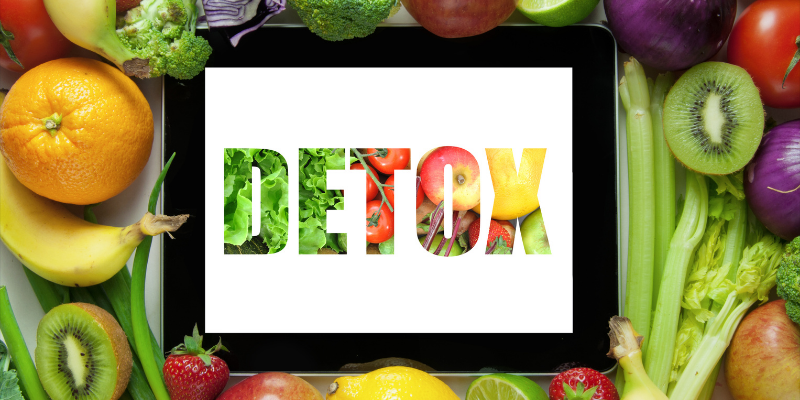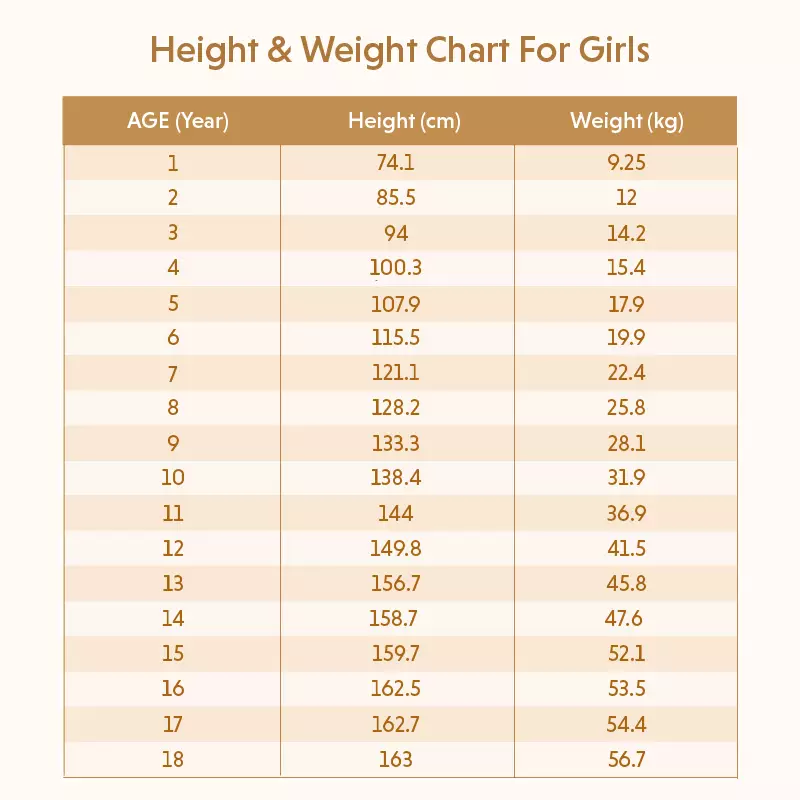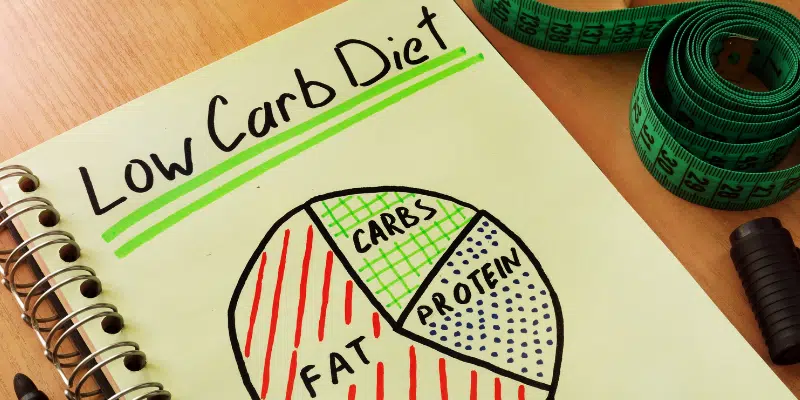Best Indian Diet Plan For Weight Loss For Female & Male
Table of Contents
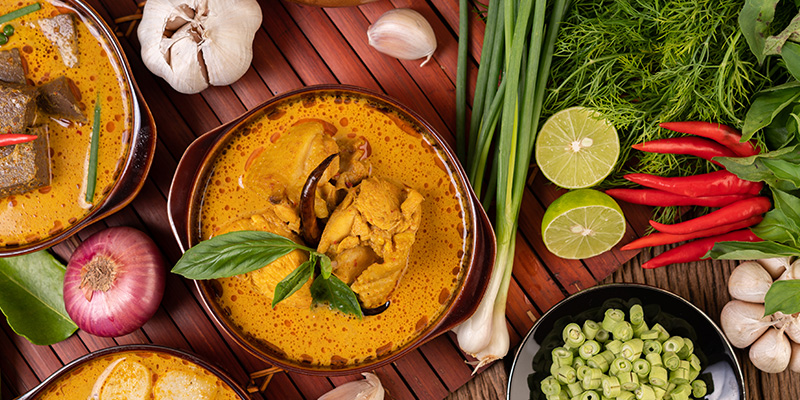
Are you tired of trying different diets to lose or maintain your weight? Wondering why sticking to a diet plan is so challenging? Oliva’s experts answer these questions and more while giving you an effective and sustainable weight loss solution.
Go ahead and check out the 7-Day Indian diet plan that top nutritionists recommend and enjoy the best weight loss results!
Is The Indian Diet Healthy?
Yes, it is! Indian diet is not only well-balanced but also packed with several health benefits. The variety of food groups that make up our meals, including the spices and herbs, makes it one of the most wholesome diets globally. Indian traditional foods have various functional components such as body-healing chemicals, antioxidants, dietary fibres, and probiotics. Hence, our standard meals can assist in weight loss, blood sugar control, and immune system support.
What Is A Suitable Diet Plan For Indians?
You need not look for exotic ingredients or fad diets in order to lose weight or maintain it. Indian meals are more than effective with additional health benefits.
The traditional Indian cooking methods like sprouting, malting, and fermenting boost our food’s functional properties. Hence, the most suitable diet plan for Indians is a traditionally cooked Indian meal with local and seasonal produce.
Benefits Of Following An Indian Diet Plan For Weight Loss
The abundant spices in Indian meals offer a wide range of flavours and health benefits, distinguishing it from other cuisines. Here are some of the unique benefits that an Indian diet plan offers for weight loss:
- Turmeric, an essential ingredient in Indian recipes, reduces heartburn, bloating, arthritis, and Alzheimer’s disease.
- Spices like cardamom can improve the functioning of the gut and intestines.
- Ginger, garlic and chillies are an integral part of Indian cooking and are great for the heart and promote a robust immune system.
Moreover, the variety of flavours and colours of the Indian diet keeps it exciting and full of options, letting you experiment with recipes to pamper your palate without negatively impacting your health.
7-Day Indian Diet Plan For Weight Loss For Female & Male
Making small lifestyle changes and eating your meals consciously can make a huge difference, helping you lose and maintain weight successfully. Keeping track of what you are eating while exercising portion control is critical.
A 1400-calorie diet (the average minimum calorie requirement for an adult) can be a healthy, nutrient-rich meal or a kachori, two samosas, two gulab jamuns and two cups of tea. Making a wise and suitable choice makes all the difference and there are no shortcuts to losing weight. Eating healthy meals and engaging in physical activity is the way to go.
Indian Diet Plan For Weight Loss For Male
Day-1
- Early Morning
1 cup warm water with cinnamon. - Breakfast
1 cup oats porridge with skimmed milk and walnuts (6 halves). - Mid-Morning
1 cup steamed green peas and carrot salad. - Lunch
1 cup thick methi dal and 1 cup steamed rice. - Tea Time
1 guava. - Mid-Evening
1 cup hung curd, apple, chia seeds smoothie/plain lassi. - Dinner
1 cup cottage cheese (paneer) and dalia/millets pulao.
Day-2
- Early Morning
1/2 cup masala tea/coffee without sugar. - Breakfast
3/4th cup veg dalia/millets upma+ ¼th cup sautéed cottage cheese (paneer). - Mid-Morning
1 medium apple + walnut (8 halves). - Lunch
1/2 cup peas and cottage cheese (paneer) curry+ 2 (6 inch) rotis (no oil/no ghee). - Tea Time
1/2 cup masala tea/coffee without sugar. - Mid-Evening
1 cup hung curd, apple, chia seeds smoothie/plain lassi. - Dinner
2 cheela with tomato, ginger chutney.
Day-3
- Early Morning
1/2 cup milk with turmeric powder (haldi) and pepper powder (No added sugar). - Breakfast
3 pcs idli with ½ a bowl of sambar. - Mid-Morning
1 cup pomegranate, walnut, sprouts salad. - Lunch
1 and a ½ a cup peas and dalia pulao. - Tea Time
1 cup hung curd, apple, chia seeds smoothie/plain lassi. - Mid-Evening
¼ cup sautéed cottage cheese (paneer) with veg. - Dinner
1 and a 1/2 cup masala oats and 1 cup vegetable soup.
Day-4
- Early Morning
1/2 cup milk with turmeric powder (haldi) and pepper powder (No added sugar). - Breakfast
Omelette with 2 egg whites and grated vegetables. - Mid-Morning
Apple with boiled peas and walnuts salad. - Lunch
2 palak paratha with 1 cup raita. - Tea Time
Ginger lemon water with 1 tbsp chia seeds (No added sugar)/green tea. - Mid-Evening
1 cup tomato soup. - Dinner
1 cup masala oats/dalia + 200g grilled fish.
Day-5
- Early Morning
1/2 cup milk with turmeric powder (haldi) and pepper powder (No added sugar). - Breakfast
1 cup masala oats and walnuts (8 halves). - Mid-Morning
1 cup chickpea chaat. - Lunch
1 cup pulao (millets/dalia with vegetables, boiled peas and cottage cheese. - Tea Time
1/2 cup masala tea/coffee without sugar. - Mid-Evening
1 cup apple, curd, chia seeds smoothie. - Dinner
2 chapatis (no oil) with 3/4th cup of any vegetables (no roots and tuber).
Day-6
- Early Morning
1/2 cup masala tea/coffee without sugar. - Breakfast
1 cup vegetable poha and 1/4th lime wedge and 1 boiled egg white. - Mid-Morning
1 orange + walnut (8 halves). - Lunch
1 and ½ a cup millets/ dalia pulao with vegetables+ 1 small sliced tomato. - Tea Time
1 cup buttermilk with cumin (jeera) powder and chia seeds. - Mid-Evening
1 cup sprouts chaat with onion tomatoes and chaat masala. - Dinner
200g sautéed chicken with boiled vegetables and pepper.
Day-7
- Early Morning
1/2 cup masala tea without sugar. - Breakfast
2 moong (5 inch) cheelas with tomato and ginger chutney - Mid-Morning
1 cup pomegranate and carrot salad. - Lunch
3 phulkas (no oil/no butter/no ghee) with 100g low-fat chicken curry (4 medium pcs). - Tea Time
1/2 a cup masala tea/coffee without sugar. - Mid-Evening
1 cup apple, curd, chia seeds smoothie. - Dinner
1 and a 1/2 cup fried rice with quinoa/ dalia, egg and 100gms chicken.
DISCLAIMER
Please note that these are standard recommendations and you must consult a professional nutritionist before following them as they may not be suitable for you based on your health conditions, nutrient requirements, lifestyle habits, weight loss goals, and taste preferences
Indian Diet Chart For Weight Loss For Female
Here is a sample Indian diet chart for a woman.
Day 1:
- Early Morning
1 cup warm water with cinnamon. - Breakfast
1 cup oats porridge with skimmed milk and walnuts (6 halves). - Mid-Morning
1 cup steamed green peas and carrot salad. - Lunch
1 cup thick methi/palak dal + ¾th cup steamed rice. - Tea Time
1 guava. - Mid-Evening
1 cup hung curd, apple, chia seeds smoothie/plain lassi. - Dinner
3/4th cup cottage cheese (paneer) and Dalia/millets pulao.
Day 2:
- Early Morning
1/2 cup masala tea/coffee without sugar. - Breakfast
1/2 cup veg dalia/millets upma+ ¼th cup sautéed cottage cheese (paneer). - Mid-Morning
1 apple, medium+ walnut 8 halves. - Lunch
1/2 cup peas (matar) and cottage cheese (paneer) curry+ 1 (6 inch) roti (No oil/no ghee). - Tea Time
1/2 cup masala tea/coffee without sugar. - Mid-Evening
1 cup hung curd apple, chia seeds smoothie/plain lassi. - Dinner
2 cheela/dal dosa with tomato, ginger chutney.
Day 3:
- Early Morning
1/2 cup milk with turmeric powder and pepper powder (No added sugar). - Breakfast
2 idlis with 1/2 bowl sambar. - Mid-Morning
1 cup pomegranate, walnut, sprouts salad. - Lunch
1 cup peas dalia pulao. - Tea Time
1 cup hung curd, apple, chia seeds smoothie/plain lassi. - Mid-Evening
¼th cup sautéed cottage cheese (paneer) with veg. - Dinner
1 cup masala oats and 1 cup vegetable soup.
Day 4:
- Early Morning
1/2 cup milk with turmeric powder (haldi) and pepper powder (No added sugar). - Breakfast
Omelette with 2 egg whites and grated vegetables. - Mid-Morning
Apple with boiled peas and walnuts salad. - Lunch
1 palak/methi paratha with raita (1 cup). - Tea Time
Ginger lemon water with 1 tbsp chia seeds (No added sugar)/Green tea. - Mid-Evening
1 cup tomato soup. - Dinner
3/4th cup masala Oats/Dalia and 200g grilled fish.
Day 5:
- Early Morning
1/2 cup milk with turmeric powder (Haldi) and pepper powder (No added sugar). - Breakfast
1 cup masala oats and walnuts (8 halves). - Mid-Morning
1 cup chickpea chaat. - Lunch
1 cup pulao (Millets/Dalia with vegetables, boiled peas, and cottage cheese). - Tea Time
1/2 cup masala tea/coffee without sugar. - Mid-Evening
1 cup apple, curd, chia seeds smoothie. - Dinner
1 chapati (no oil) with 3/4th cup any vegetables (no roots and tuber).
Day 6:
- Early Morning
1/2 cup masala tea/coffee without sugar. - Breakfast
3/4th cup poha with vegetables and 1/4th lime wedge and 1 boiled egg white. - Mid-Morning
1 orange + walnut (8 halves). - Lunch
1 cup Millets/ Dalia pulao with vegetables and 1 small sliced tomato. - Tea Time
1 cup buttermilk with cumin (jeera) powder and chia seeds. - Mid-Evening
3/4th cup sprouts chaat with onion tomatoes and chaat masala. - Dinner
200g chicken sautéed with boiled vegetables and pepper.
Day 7:
- Early Morning
1/2 cup masala tea without sugar. - Breakfast
2 moong (5 inch) cheelas with tomato, ginger chutney. - Mid-Morning
1 cup pomegranate and carrot salad. - Lunch
2 phulka (No oil/ no butter/no ghee) with 100g low-fat chicken curry (4 medium pcs). - Tea Time
1/2 cup masala tea/coffee without sugar. - Mid-Evening
1 cup apple, curd, chia seeds smoothie. - Dinner
1 cup fried rice with quinoa/dalia, egg, and 100gm chicken.
DISCLAIMER
Please note that these are standard recommendations and you must consult a professional nutritionist before following them as they may not be suitable for you based on your health conditions, nutrient requirements, lifestyle habits, weight loss goals, and taste preferences.
List Of Foods To Avoid For Weight Loss
Losing weight can be challenging, especially when you are about to begin your weight loss journey. It will surely take a while for your body to adjust to a new lifestyle. One way to start is by avoiding food categories that have no nutritional value.
For a successful weight loss journey, avoid the following foods. You can start by limiting their consumption and slowly eliminate them from your meal plans:
- Sugary beverages/colas/sodas/packaged juices/energy drinks.
- Bakery items like cakes and biscuits.
- Refined foods like pasta and bread.
- Fried food.
- Fatty/processed red meat.
- Alcohol.
- Eating at restaurants often as their food contains high trans-fats.
- Chocolates/candies/energy bars.
- Breakfast cereals.
- Crackers and chips.
Tips For Maintaining A Balanced Diet
Here are some simple tips for making an Indian diet plan for weight loss:
- Fill half your plate with fruits and vegetables.
- Ensure that 50 per cent of the grains you consume are whole grains to increase your fibre intake.
- Consume low-fat or skimmed milk instead of whole-fat dairy.
- Choose lean meat options like chicken and fish instead of red meat.
- Increase your water intake and stop drinking sugary beverages.
- Control your portion sizes. Try using smaller plates. Take your complete meal when you start eating to avoid more servings.
- Eat slowly and mindfully. This will prevent you from overeating.
- Don’t feel disheartened if you do not always achieve your weight goals. No effort is futile. Even borderline weight loss of just 5 to 10 per cent of your total body weight will regulate your cholesterol, blood pressure, and blood sugar levels. Keep your focus on the long-term goal – to cultivate a healthy and balanced lifestyle.
- Choose freshly-cooked meals over tinned or frozen foods as they contain preservatives.
- Do not fall prey to marketing gimmicks and indulge in low-fat products as they may contain excess sugar. Also, research suggests that people eat 30 per cent more when they know they are eating ‘low-fat’ food.
Expert Advice
Go local!
Eating locally-grown, seasonal food positively impacts your health, the environment, the local economy, and your wallet. When you eat local food, you are not only making a wise choice for your health but also contributing to the environment by reducing the carbon footprint and pollution. Food that does not travel a long distance to your plate is fresher, nutritious, tastier, costs lesser, does not contribute to environmental pollution and helps reduce plastic waste used for packing. So, look for local markets and stock your food from there.
-Lavanya Parthasarathy, PhD, CDE
- It is natural to have cravings and when you do, be mindful of the portion size. You can also balance it out by consuming lesser calories on consecutive days. Remember, consuming even an extra 150 calories lead to two kg weight gain over six months.
- Make wiser choices when you’re eating out. Opt for steamed, boiled, baked, roasted, poached or lightly sautéed food over fried and calorie-dense food items.
- Refrain from getting on a low-calorie diet of fewer than 800 calories per day unless a certified nutritionist supervises you.
You may notice a drop in your weight with the change in your eating pattern, which is short-term. It will help to:
- Review your eating habits at regular intervals.
- Replace your unhealthy eating options with healthier choices.
- Reinforce your newly-adopted, healthier eating habits.
Expert Advice
EXPERT ADVICE
Lose extra weight, not your sanity and self-esteem!
Do you feel lost and alone in your weight loss journey? Are you eating different food or forced to eat your meals on your own? Are you investing in too many expensive foods and supplements?
Then let me tell you, your weight loss plan is not very sustainable!
We have been eating what we know for years, so be assured our Indian meals are healthy. The traditional Indian thali is put together in such a way that it meets all our nutritional requirements. It is the perfect blend of all macro and micronutrients.
There is no shortcut to achieving your ideal body weight but to make long-term lifestyle changes. Eating home-cooked meals in appropriate portions and engaging in regular physical activity is the way to go. So, don’t lose your mind about weight loss and eat healthily and in the company of people you love!
-Lavanya Parthasarathy, PhD, CDE
-
Nutritionist Tips For Weight Loss Diet Plans
Top nutritionists at Oliva do not advocate crash diets but encourage you to modify your lifestyle and build healthy eating and exercise habits.
Tips For a Healthy Indian Diet Plan
- A diet rich in your staple and traditional foods is healthy, sustainable, and easily adaptable. So choose from there.
- Planning your meals is an easy way to reach your goals, whether you are trying to lose weight or improve your fitness levels.
- Track your food and exercise habits. A study on more than 14,000 individuals concluded that users who frequently track their activities tend to lose more weight. Another study showed a strong connection between weight loss and the frequency of monitoring food intake and exercise.
- The human body seeks variety and Indian meals are a solid combination of various grains, lentils, vegetables, fruits, spices, and herbs.
- Set realistic weight loss goals. Think long-term.
For comprehensive and customised meal planning to suit your health status, nutritional requirements, tastes and cultural preferences, baseline weight, and health goals, visit Oliva Skin & Hair Clinic in Hyderabad, Bangalore and Chennai to enjoy sustainable weight loss results with improved health.
Current Version



